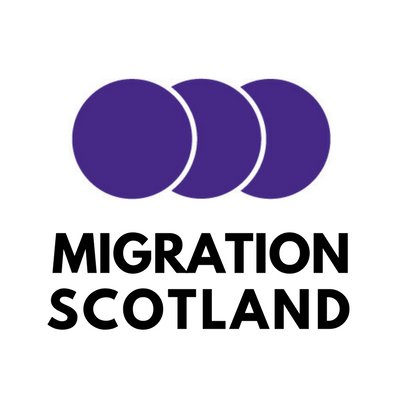The New Scots Refugee Integration Strategy 2018-2022 was developed through a collaboration led by the Scottish Government, COSLA and the Scottish Refugee Council. It sets out a vision for a welcoming Scotland where refugees and people seeking asylum are able to rebuild their lives from the day they arrive.
The New Scots partners, along with the University of Glasgow, secured funding from the European Union’s Asylum and Migration Integration Funding (AMIF) to support the work of the strategy. The result was the £5M New Scots Refugee Integration Delivery Project (NSRIDP), launched in early 2021. NSRIDP includes two broad components: funded projects and strategic research. Over 50 grants were awarded organisations to extend existing good practice or develop new initiatives, all focused on the practical challenges of integrating refugees and asylum seekers as they settle into their new communities across Scotland. These projects used many different approaches to New Scots integration. Examples include connecting people to the landscape through horticulture or park visits, ESOL assessment, trauma-informed mental health, support with access to worksite cards or driving licenses, and setting up local football teams. For further details on the fund and a list of the projects, please click here.
Alongside these projects, a range of research projects were undertaken by the University of Glasgow, COSLA, and the Scottish Government. In February 2022, COSLA commissioned IPPR Scotland to interview council staff and New Scots in every one of the 32 local authorities around Scotland. The purpose of this research is to explore the work that Scottish local authorities have undertaken to support refugees and asylum seekers, and to better understand the different working practices across Scotland’s councils. This is in addition to the role of COSLA in coordinating activities through the Scottish Strategic Migration Partnership. The findings of the research helped to evaluate the efficacy of current approaches and highlight any challenges or gaps in provision, drawing out opportunities for learning and development across local authorities. The findings also contributed directly to the development of the next New Scots Strategy.
A summary of the evaluations of the NSRIDP projects can be seen here.
For further information on NSRIDP, please contact Will Tuladhar-Douglas.







